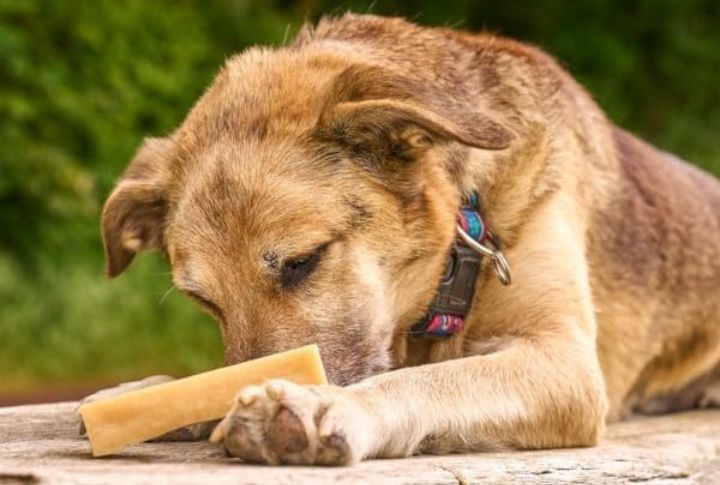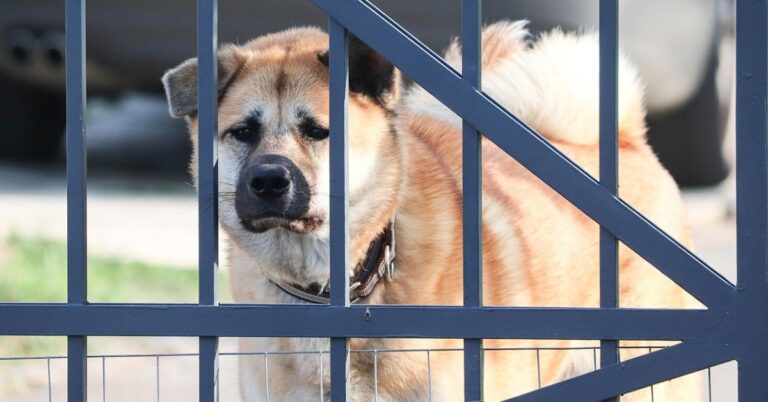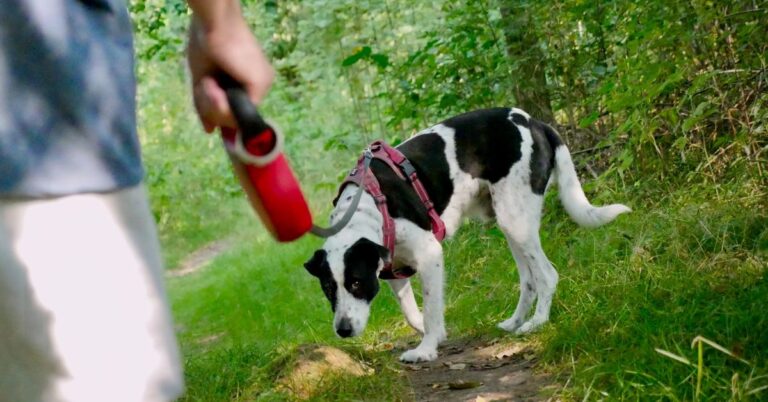15 Warning Signs Your Dog Might Be Allergic to Cheese

Dogs and cheese seem like a match made in heaven, right? Well, not always. As tempting as it is to give your pup a cheesy treat, some dogs can have allergic reactions that turn snack time into discomfort. Let’s explore 15 sneaky signs your dog could be allergic to cheese and what you can do about it.
Digestive Troubles After Dairy

Dogs struggling with dairy often show it through digestive discomfort. Diarrhea and stomach upset are common indicators that lactose is too tough for them to handle. If your dog faces tummy troubles after consuming cheese, it’s a clear sign their body isn’t processing lactose efficiently, causing unease.
Gas

Notice your dog passing more gas than usual? This could be linked to lactose. When lactose isn’t broken down properly, it ferments in the stomach and causes some bloating and gas. Excessive flatulence after cheese could be a strong clue that your dog has some difficulty handling dairy.
Vomiting After Cheese Consumption

Vomiting is never pleasant, and if it occurs after your dog eats cheese, it’s often the body’s way of rejecting something it cannot digest. A sudden bout of vomiting post-dairy consumption signals an intolerance, pushing the body to expel what it cannot process properly.
Loss of Appetite

When a dog feels uncomfortable after eating, it might refuse food altogether. When they show less interest in their meals following a cheesy treat, their stomach may be signaling trouble. Discomfort linked to lactose can make eating unappealing and lead to a noticeable change in their appetite.
Excessive Scratching

Does your dog scratch more after indulging in cheese? This could be a skin reaction tied to food allergies. Dairy-related allergies often lead to itching as the body reacts to proteins it cannot tolerate. Pay close attention to these subtle changes after introducing cheese into their diet.
Ear Infections

Recurring ear infections can be frustrating. For some dogs, these infections are linked to food allergies, including cheese. If you find your dog scratching their ears frequently or showing signs of discomfort, it may be dairy causing inflammation inside the ear canal.
Watery Eyes

If your dog’s eyes become watery or irritated after consuming dairy, it’s possible they’re experiencing an allergic reaction. While often overlooked, eye discharge can be a clue to food sensitivities, especially when coupled with other signs of discomfort post-cheese.
Swelling of Face or Paws

Swelling after eating dairy isn’t just a surface-level issue—it’s an immune response. If your dog’s face or paws look puffy after eating cheese, it suggests their body views the food as a threat, causing inflammation. This response should be taken seriously, as it may worsen over time.
Sneezing

Frequent sneezing after dairy could be more than just a random occurrence. Cheese-related allergies can manifest in ways similar to respiratory reactions. Sneezing might not seem like a major issue, but if it happens regularly after dairy, it’s a sign worth noting.
Unusual Bowel Movements

Loose stools after consuming cheese might be your dog’s way of showing lactose intolerance. After dairy, if you notice irregular bowel movements, it could be that the body is not digesting lactose properly, hence, discomfort and a messy situation.
Reduced Energy Levels

Has your dog become less playful or energetic after snacking on cheese? A drop in energy can indicate digestive discomfort or sluggishness due to food intolerance. Incase your lively pup suddenly seems lethargic, dairy might be the culprit behind this change in behavior.
Frequent Paw Licking

Dogs often lick their paws as a reaction to irritation. If this behavior intensifies after consuming cheese, it could signal an allergy. Paw licking might not always be linked to food, but when combined with other signs, it points toward a dairy sensitivity.
Breathing Issues

Breathing problems, while less common, are serious. When you notice your dog has difficulty breathing after eating cheese, it could be a sign of an allergic reaction that requires immediate attention. This isn’t a typical response, so seek veterinary care if breathing issues arise.
Bloated Stomach

Having a bloated belly may result from undigested lactose, causing gas buildup in the stomach. If your dog appears uncomfortable or their abdomen seems swollen after eating dairy, it’s a clear sign their body is having trouble processing the lactose, leading to bloating.
Chronic Ear Odor

A strong odor from your dog’s ears might signal more than a hygiene issue. Chronic ear odor can be a sign of inflammation caused by a food allergy, especially to dairy products like cheese. This persistent smell is often linked to an underlying issue that needs addressing.





